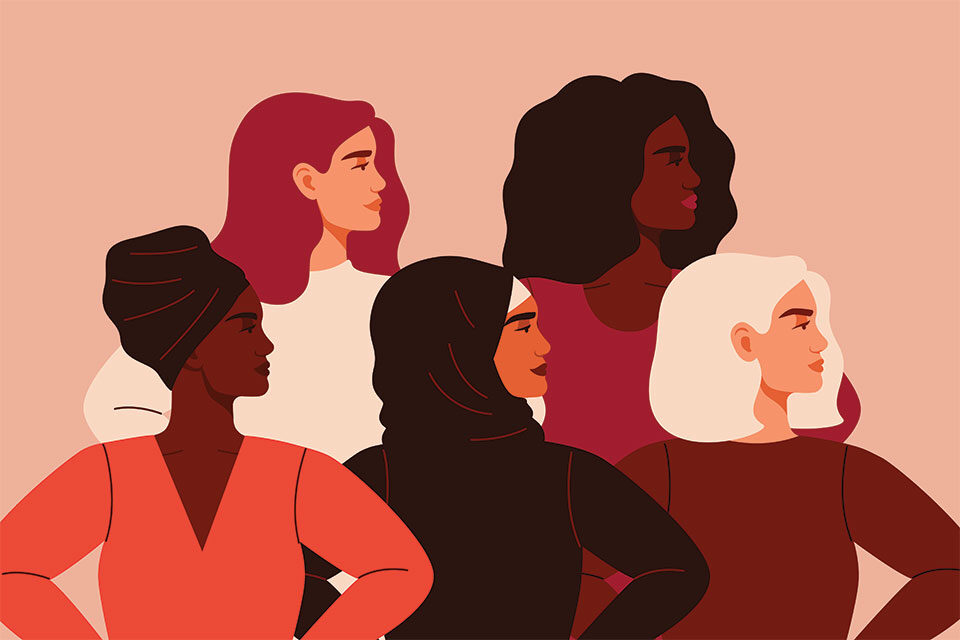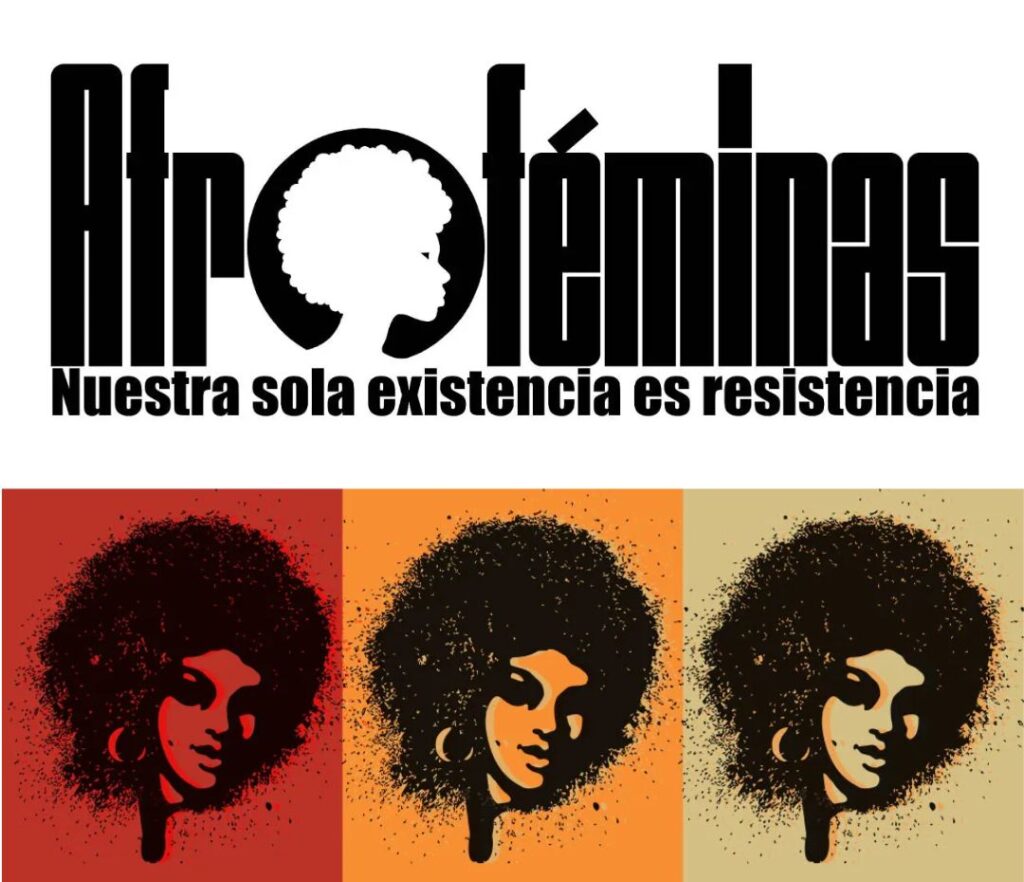Faculty lecture to emphasize women of color’s important contributions to feminism

Patricia Hill Collins, Tarana Burke and Pauli Murray. They were luminaries and the catalysts for modern feminist movements. They also empowered women of color and lifted up their voices for the equality of all.
Although it is often women of color at the forefront of feminist movements, the change they are fighting for tends to not include them. The legislation that is passed, the elected officials voted for, or the societal shifts being seen do not uplift women of color in the way that they uplift white women.
The lack of equality within feminism is what Dr. Esther Alarcón-Arana, associate professor in the Department of Modern Languages, aims to analyze from a global perspective at her upcoming lecture entitled, “If It’s Not Afro-Centered, It’s Not Feminism.”
The event, part of McKillop Library’s faculty lecture series, will be held on Thursday, April 27, at 4 p.m. There is no registration needed for this event.
While talks about racism and feminism tend to center the U.S., Dr. Alarcón-Arana, who grew up and received her undergraduate degree in Spain, finds that similar inequalities are found in her home country and across many countries.
“Racism happens everywhere,” described Dr. Alarcón-Arana. “Spain is [not] simply a white, Catholic country,”
No matter the country, white feminism is a type of feminism that prioritizes the issues relating specifically to white, middle class women, according to Dr. Alarcón-Arana.
“[White feminism] doesn’t take into account those who are oppressed,” emphasized Dr. Alarcón-Arana. “It doesn’t account for women who are Black, who are in social economic classes that are much lower, or those who are immigrants.”
This lecture will highlight the Spanish blog entitled, “Afroféminas,” created by Cuban-Spanish activist Antoinette Torres Soler to challenge European teachings that create and reinforce systemic racism.
Dr. Alarcón-Arana will specifically focus on the blog’s articles on the Spanish Marches for International Women’s Day to demonstrate the hypocrisy that often takes place around feminist movements.
“Every March 8, they do this wonderful demonstration. They share beautiful words and stories, but we are not listening. So much time that has passed, and there’s no change.” said Dr. Alarcón-Arana.
As a predominantly white institution, it is vital to raise the voices of women of color and give recognition to their leadership, experiences and concerns, according to Dr. Alarcón-Arana. She finds there needs to be a systematic and societal change in feminism to include all women — both here in the U.S. and all over the world.
“This lecture aims to show the empowerment of Black women, not victimize them. We need to look at these issues without the white savior narrative,” said Dr. Alarcón-Arana. “There is a lot of trauma, but there is a lot of strength, too.”
This event will be held on Thursday, April 27, at 4 p.m. There is no registration needed for this event.
Feature image by Getty Images/Ponomariova_Maria



